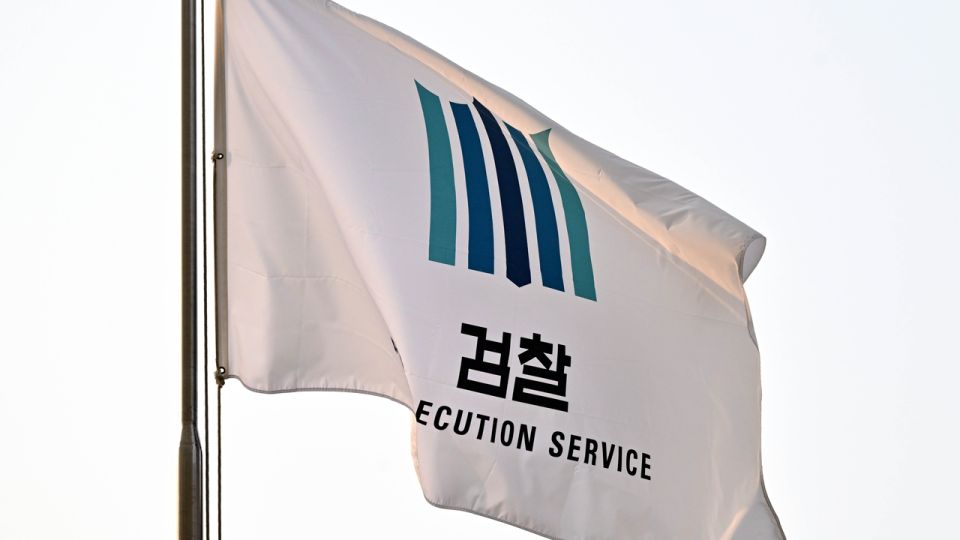June 13, 2025
SEOUL – Dismantling the outsized power of South Korea’s prosecution has been a decadeslong goal for the country’s liberal bloc.
South Korea is the only democracy in the world where prosecutors wield both investigative and indictment powers — a structure critics say renders the institution virtually immune to checks and balances.
Calls for reform date back to the early 2000s, under the late liberal President Roh Moo-hyun, and the issue has remained a persistent source of political tension. But despite multiple attempts, liberals say the system remains fundamentally unchanged.
Now, with the Democratic Party of Korea back in power following President Lee Jae-myung’s election victory last week, the push for reform is back on the agenda. Only a week after Lee was elected, the ruling party on Wednesday introduced a sweeping bill that seeks to dismantle the prosecution’s central offices and strip the institution of its dual powers.
Under the proposed legislation, the prosecution would be replaced by three new agencies with clearly divided roles: a crime investigation unit under the Ministry of the Interior and Safety, a prosecution and indictment body under the Ministry of Justice and a third investigative agency overseen directly by the prime minister. The serious crimes investigation agency is set to investigate major criminal offenses, ranging from corruption, economic crimes, election crimes, drug offenses and crimes by public officials to insurrection and treason.
The ruling party lawmakers argue the overhaul is necessary to break what they describe as a cycle of unchecked power and political interference by the prosecution — long viewed by liberals as a conservative-leaning force within the state.
“We will complete prosecution reform properly this time. It is time to fulfill what our people have demanded. It can no longer be delayed,” five Democratic Party lawmakers — Reps. Kim Yong-min, Kang Jun-hyeon, Min Hyung-bae, Jang Kyung-tae and Kim Moon-soo — said in a press conference at the National Assembly.
Though the prosecution reform, including the separation of investigative and prosecutorial powers, was one of President Lee’s campaign pledges, the liberal party lawmakers explained that the bill reflects their own opinions and had yet to be discussed with the government.
While emphasizing that the bill is not aimed at protecting President Lee Jae-myung or interfering with his ongoing criminal trials, Democratic Party lawmakers stressed that this reform effort is about fulfilling the liberal bloc’s decades-old mission to overhaul the prosecution.
“Though some reforms were made under the Moon Jae-in administration, the Yoon Suk Yeol government reversed the reform. We are now in the process of restoring the system,” Rep. Kim Yong-min said.
“The prosecution should not be allowed to investigate just to indict. Investigation and indictment must be separated. We can have investigative bodies to keep each other in check by separating investigative agencies from those responsible for maintaining prosecution,” Lee said on YouTube channel RohMoohyunFoundation, explaining that the prosecution has become a power bloc that uses its power to go easy on those in power, while excessively pursuing retaliatory indictments aimed at eliminating political opponents.
But the move has been drawing mixed reactions from legal circles.
Prosecutor-turned-lawyer Lee Dong-heon expressed his concern over the reform.
“I do anticipate a significant investigative vacuum. As the prosecution’s authority is scaled back, it would be natural for those responsibilities to be moved to different groups with investigative power. But more conflicts over their respective jurisdictions are inevitable,” Lee told The Korea Herald.
The lawyer also felt that concerns over the investigative independence of the new serious crimes investigation agency could resurface, which would result in public inconvenience.
Former Supreme Prosecutors’ Office prosecutor Park Sung-jin briefly shared his thought that politics must no longer undermine or distort the rule of law.
Park previously condemned the prosecutorial reform, calling it a “scheme solely to shield themselves (lawmakers) while pretending to act in the interest of the people.”
But Yeo, a judge-turned-lawyer who wished to be identified by his surname, insisted that the prosecution brought the reform upon itself.
“The investigative authority reform was a topic that has been persistently debated. But I think the prosecution lost their chance to win public trust with some major incidents, including the decision to waive its right to appeal the court decision that revoked former President Yoon Suk Yeol’s detention in March,” said the lawyer, while showing concern for possible mass resignations among prosecutors upon the reform.


